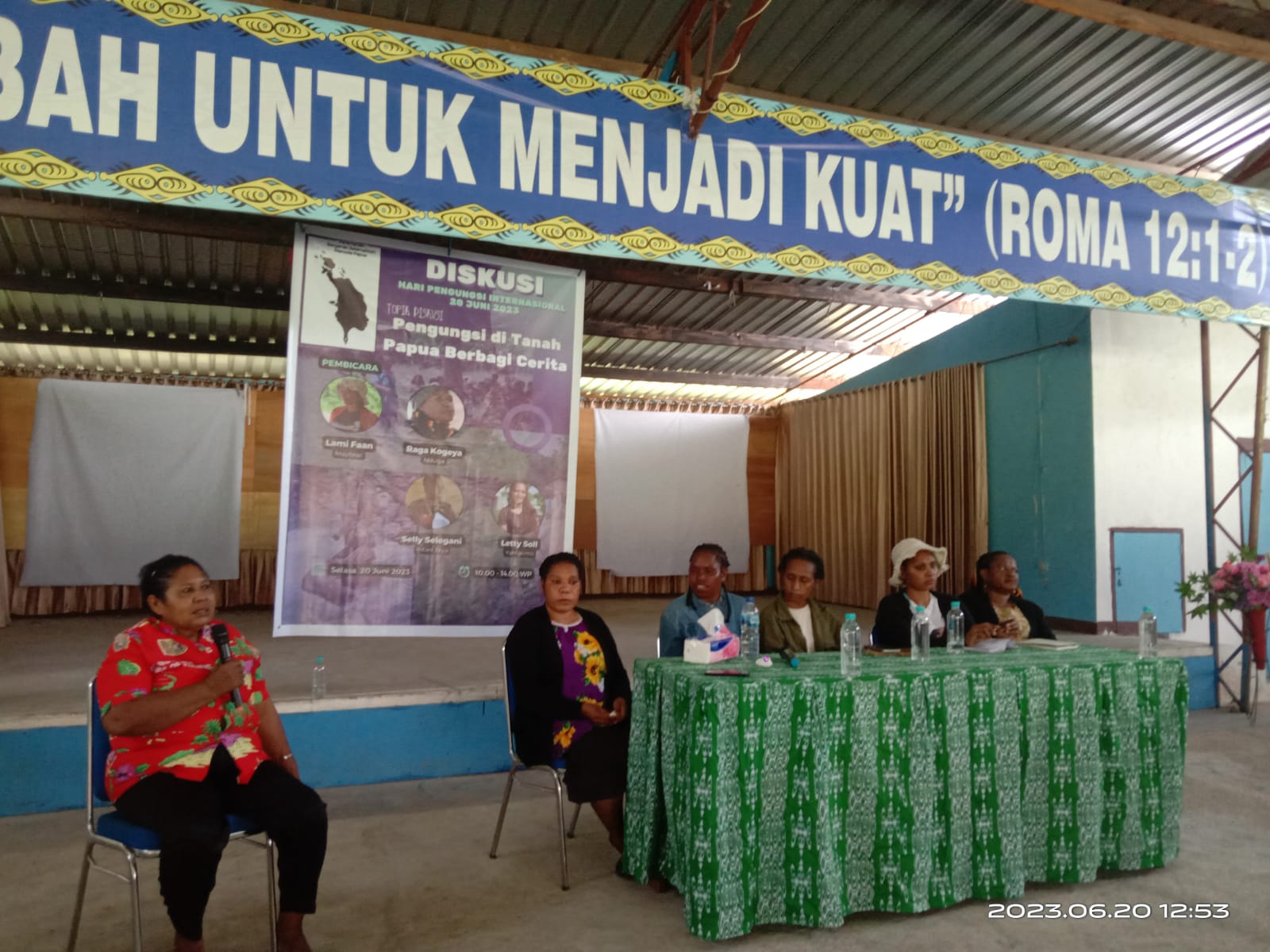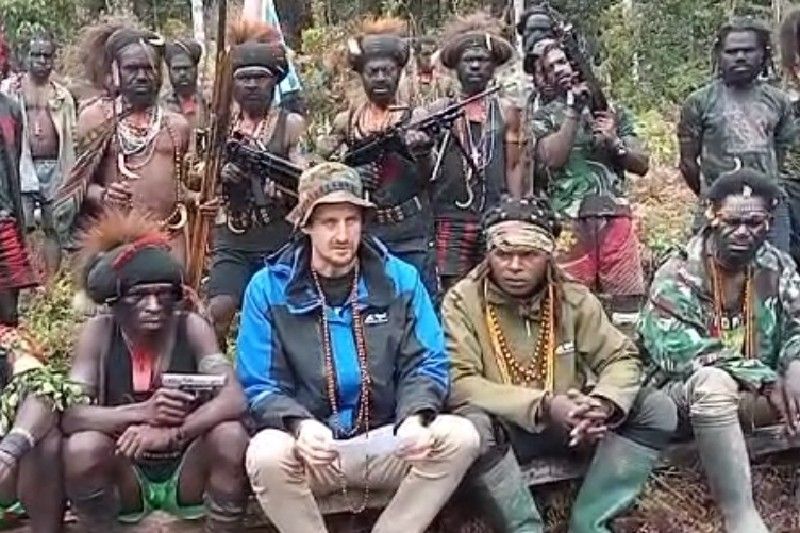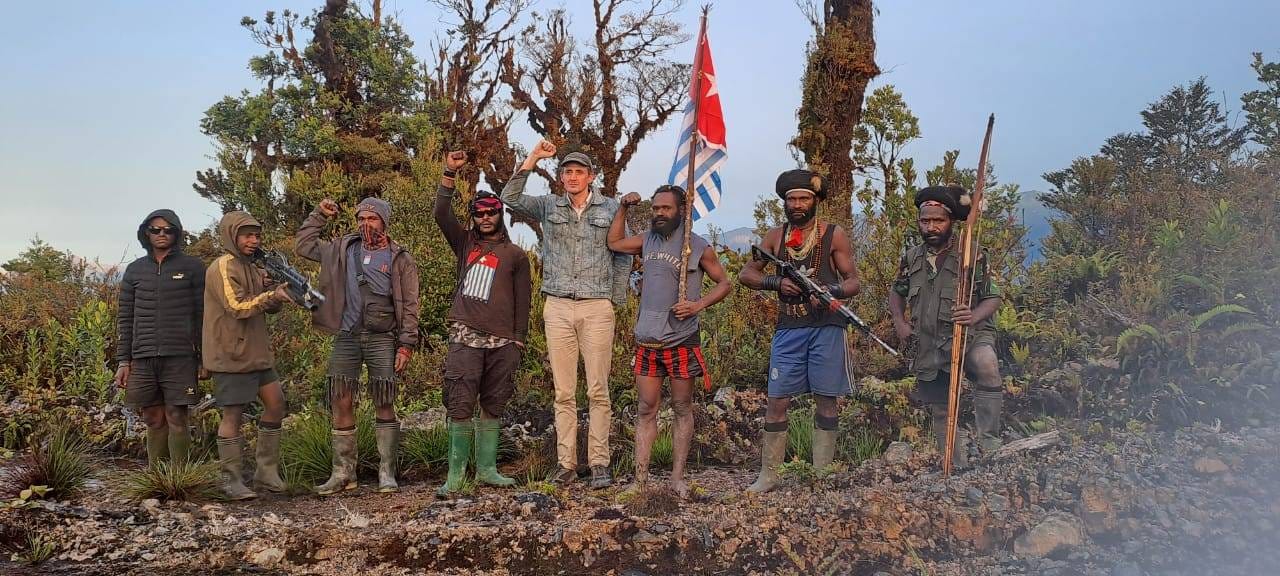
Jayapura, Jubi – The Indonesian Forum for Environment (WALHI) Papua urged the elected president for 2019-2024 to include the environmental issue in his main agenda to provide access to environmental management for indigenous Papuans as applied in the constitution.
Indonesia will run the presidential and legislative elections simultaneously in April 2019. Both presidential candidates demanded to notice the environmental issue in their programs.
Moreover, the elected president and vice president are also expected to give full authority to Papua Provincial Government in the implementation of Special Autonomy Law without being intervened by national policies. Therefore, indigenous Papuans would have access to natural resources management.
As reported in kpu.go.id, both presidential candidates Joko Widodo-Maaruf Amin and Prabowo Subianto-Salahuddin Uno mentioned about the environmental issue in their points of the campaign. Widodo-Amin talk about the sustainable environment, while Subianto-Uno put the environment-based national development program for the people of Indonesia through politics and economy. On 17 January 2019, both candidates attended the presidential debate held by KPU on the issues of corruption, law and human rights, and terrorism.
In addition to the presidential candidates, the legislative candidates are also expected to understand the environmental issue comprehensively, not merely talk about it. Hence, WALHI asked them to be open and wise in addressing this issue, particularly related to human security.
Meanwhile, as an environmentally concerned civil organisation, WALHI invites young people to use their right to vote the legislative candidates who care about the environmental issue and still keep their eyes on the elected ones.
“Because the environment is the most crucial issue that must be considered and led by legislators,” said Aeshs Rumbekwan of WALHI Papua in a press release received by Jubi in Jayapura on Thursday, 17 January 2019.
WALHI declared that currently, the environmental governance in Indonesia is getting worse. If the environmental management is in accordance to the Law No. 32 of 2003 on the Protection and Management of Environment, there should be no pollution including from hazardous and poisonous materials, and land clearing by cutting and burning the forest.
Poor environmental management, according to WALHI, occurred because the State regards the natural wealth as a commodity. Therefore, it does not acknowledge the local wisdom in managing natural resources. Instead, it hands over the natural resources management to corporations.
Based on WALHI’s records in 2017, there were 302 environmental cases, 163 persons have criminalised and 13 provinces involved as the crime scenes. Meanwhile, the indigenous landowners also harmed by this mismanagement. As a result, they lost their communal land and exploited as workers.
In the same occasion, WALHI also urged Papua Provincial Government to pay more attention to the environment, implement the Special Autonomy Law and open access for implementing the national policies.
Meanwhile, the activist of Port Numbay Green Forum (FPPNG) Gamel Abdel Nasser assessed that the environmental issue, particularly in Jayapura, Papua, was addressed by certain groups. For a while, environmental problems have not become a common issue for all stakeholders. Both government and NGOs work independently. Though some NGOs have collaborated with the government to address this issue, their collaboration so far has not fully raised awareness among people.
“There is no massive awareness to understand the importance of balanced ecosystem,” said Gamel.
According to him, if one ecosystem disrupted, it will affect other ecosystems. Therefore, it needs to handle this holistically. Furthermore, he gave an example of Jayapura City which often hit by floods and garbage. Efforts to make people aware, he continued, must be supported by the lowest level of government administrations.
Furthermore, he said both presidential candidates Jokowi and Prabowo need to reminded from the start that Papua is the last biodiversity fortress on Earth.
“Papua’s forests must be protected. One of the preventions is to prohibit palm oil plantations in Papua. It’s just enough for Kalimantan and Sumatra became victims of palm oil plantations, not Papua,” he said. (*)
Reporter: Hengky Yeimo
Editor: Pipit Maizier
















